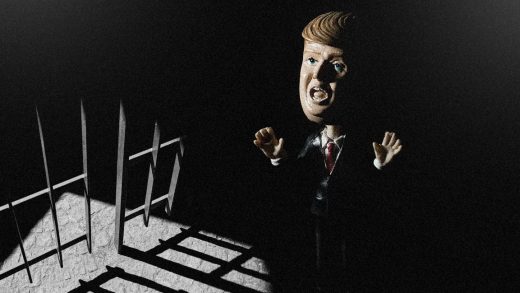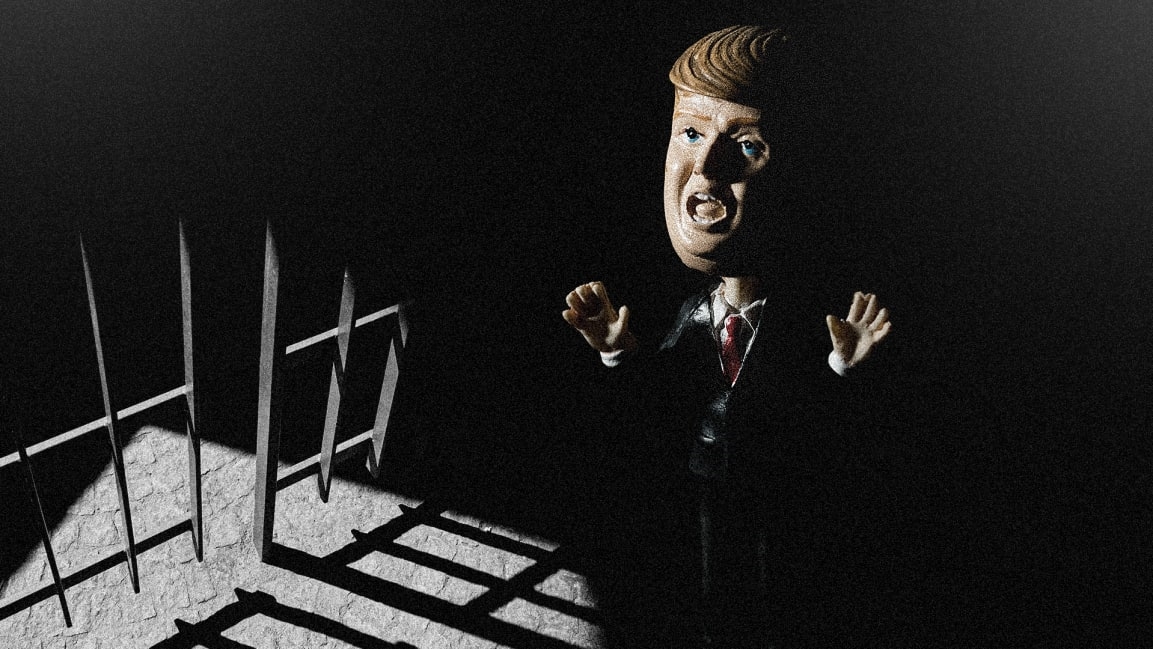Can presidents pardon themselves? What is a preemptive pardon? Your questions (sort of) answered
Speculating about who President Donald Trump will pardon, and when, has become the hottest game since The Queen’s Gambit revived chess in late October.
Talk of presidential pardons always picks up as whoever’s in the West Wing gets ready to leave office, but in 2020, questions about how they will be done have raised questions that flummox political insiders, legal scholars, and constitutional experts. We’ll try to break some of it down:
Why are presidential pardons even a thing?
Check a little thing called the Constitution, specifically Article II, Section 2. That grants any sitting president “Power to grant Reprieves and Pardons for Offences against the United States, except in Cases of Impeachment.” Trump would hardly be the first to flex this amnesty muscle; George Washington did it in 1795.
What exactly is a pardon?
Here’s how the U.S. Department of Justice explains it: “A pardon is an expression of the President’s forgiveness and ordinarily is granted in recognition of the applicant’s acceptance of responsibility for the crime and established good conduct for a significant period of time after conviction or completion of sentence. It does not signify innocence.”
How does a person get a pardon?
You have to request one by filing paperwork with the DOJ’s Office of the Pardon Attorney, which examines the request and makes a recommendation to the president. No hearing is held.
Great. There’s a traffic ticket I’m dealing with and . . .
No can do. Pardons are for federal offenses only.
Can a president pardon someone without DOJ input?
Yes.
Can a president pardon himself?
The DOJ answers that question on its website with these two sentences: “That is a question best answered by the Department’s Office of Legal Counsel. You may contact them directly.”
In short, the Constitution isn’t clear on this. The topic of self-pardons has been debated at length by legal experts over the last few years, but no president has ever tried it before. So legally speaking, it’s untested.
What is a preemptive pardon?
The New York Times reported that Trump was looking into “preemptive pardons” for his three oldest children, his son-in-law, Jared Kushner, and his personal attorney Rudy Giuliani. Of the group, two have been courting trouble. Robert Mueller had been investigating Donald Trump Jr.—the middle of the trio of children—and Giuliani was under investigation for his Ukraine actions, which ultimately led to Trump’s impeachment.
But are they pardonable if they haven’t been indicted yet?
The DOJ’s website calls such a move “highly unusual,” but gives examples of people who were pardoned without ever having been charged with crimes. President Gerald Ford pardoned his disgraced predecessor, Richard Nixon, who resigned due to Watergate. (Ford doing so was very controversial and many observers believe it cost him the 1976 election. Ford did it to help the country move on after the scandal, and years later, historians agreed he was correct to pardon Nixon.) President Jimmy Carter pardoned Vietnam War draft dodgers.
Where can I learn more about this topic?
Vox has some great in-depth legal analysis, and the DOJ website has a wealth of information.
(8)



